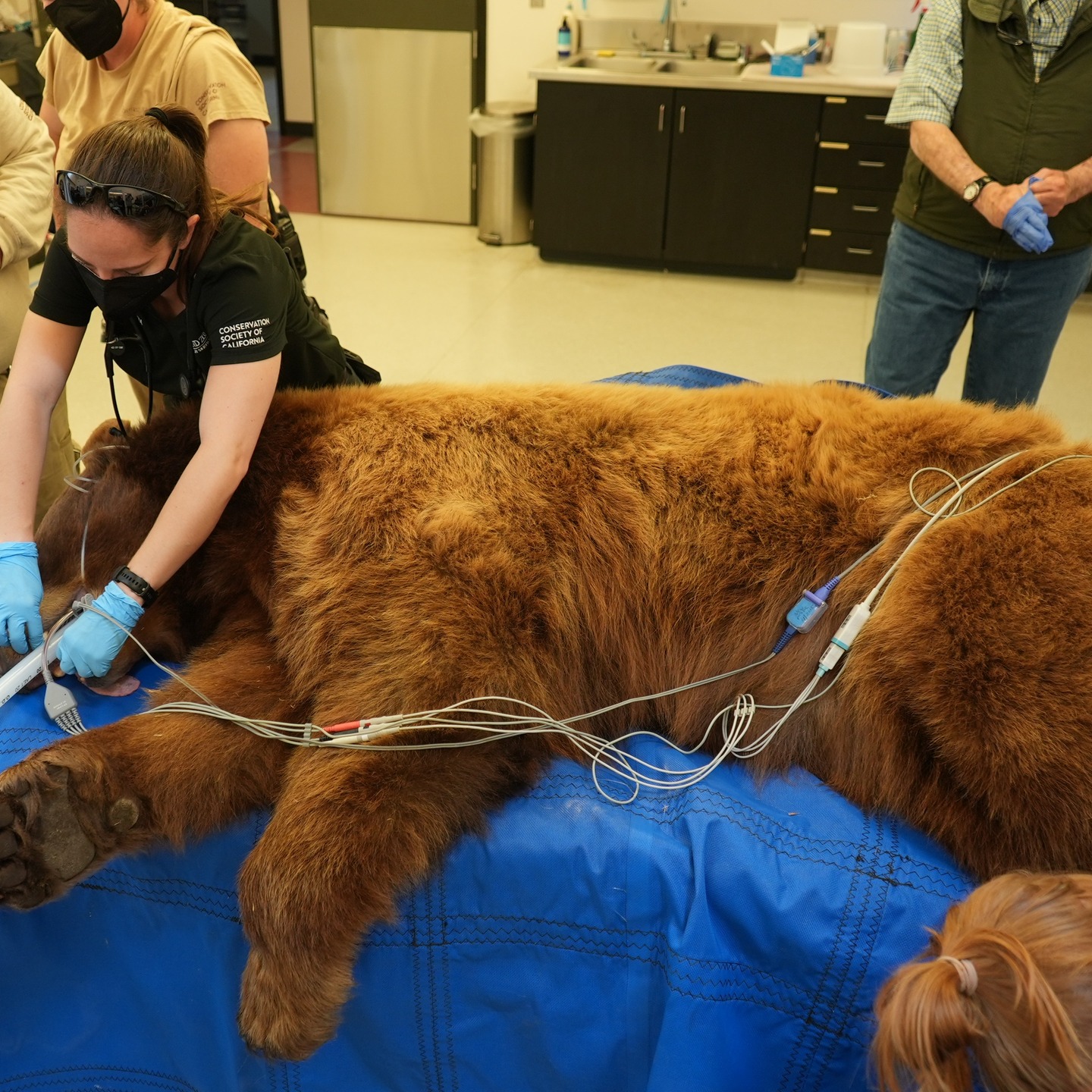- Dental health is crucial for wildlife, including zoo animals like the Tejon black bear.
- Comprehensive physical exams and vaccinations are essential components of wildlife management.
- Veterinary expertise in zoos enhances animal welfare and conservation efforts.
- Collaborative efforts between zoos and veterinary specialists improve animal care and research.
- Public awareness and education support wildlife conservation and health initiatives.
Dental health is crucial for wildlife, including zoo animals like the Tejon black bear. The Tejon black bear’s visit to the dentist highlights the importance of dental care in wildlife management. Good dental health is vital for a bear’s overall well-being, affecting their ability to eat, socialize, and carry out natural behaviors. In captivity, ensuring dental health involves regular check-ups and treatments. The right upper canine of the Tejon bear underwent several procedures, illustrating the complexity and significance of maintaining its dental health. With no further work necessary this time, the bear’s recovery from past treatments confirms the efficacy of the veterinary team’s interventions. Monitoring dental health in animals like the Tejon bear provides insights into their general health status, as dental issues can be symptomatic of broader health concerns.
Comprehensive physical exams and vaccinations are essential components of wildlife management. When the Tejon black bear visited the dentist, it also underwent a thorough physical examination and vaccine updates. These actions form a critical component of zoo management. Regular physical exams ensure that any potential health issues are identified early, facilitating prompt treatment. Vaccinations protect animals from various infectious diseases, fostering a safe environment for both the animals and the staff. The 470-pound bear showed excellent health, a testament to the ongoing care and attention it receives. This level of care is reflective of professional standards in zoo management, prioritizing both health and preventive measures to prolong and enhance the lives of animals in captivity.
Veterinary expertise in zoos enhances animal welfare and conservation efforts. The intervention by Dr. Lommer and the team underscores the role of veterinary specialists in maintaining high standards of animal care. Their specialized knowledge is crucial for addressing specific health concerns, providing targeted treatments that go beyond general animal husbandry. In zoos, veterinarians not only care for animals but also contribute to research and education that support broader conservation objectives. By applying advanced medical techniques and research findings, they help to enhance animal welfare, aligning with global conservation goals. Their work underscores the importance of ongoing education and specialization within the veterinary field, which in turn, benefits the health of a diverse range of species.
Collaborative efforts between zoos and veterinary specialists improve animal care and research. The collaboration between zoos and external experts like @aggievetdentist represents a progressive approach to wildlife care. By leveraging the expertise of specialized veterinary teams, zoos can offer more nuanced and effective treatments for complex medical issues. This partnership demonstrates how effective collaboration can enhance animal health and drive scientific advancements. These relationships are vital for the development of new health protocols, enabling zoos to adopt best practices across the board. Through collaborations, knowledge and resources are shared, fostering an environment that supports both current care requirements and long-term conservation efforts.
Public awareness and education support wildlife conservation and health initiatives. Sharing stories like the Tejon black bear’s visit to the dentist engages the public and raises awareness about the importance of wildlife health and conservation. Educating the public about the efforts and challenges in animal care fosters a deeper understanding and appreciation for conservation initiatives. Zoos play a crucial role in this educational mission, providing a platform for learning and engagement. By informing the public about specialized veterinary care and conservation efforts, zoos can galvanize support for their programs. Public engagement is a key factor in driving policy changes and securing funding for conservation efforts. Through education, advocacy, and active participation, zoos contribute to a global movement dedicated to conserving wildlife and natural habitats.
In conclusion, the Tejon black bear’s visit to the dentist is more than just a medical check-up; it is a reminder of the complex and essential work involved in zoo and wildlife management. Combining regular dental and physical care with expert collaboration and public education strengthens the continuum of care for animals and supports overarching conservation goals. This integrated approach is vital for ensuring the health and longevity of species in zoos and beyond, highlighting the shared responsibility to protect and preserve our natural world.
*****
Source Description
So this bear goes to the dentist….
No joke! It was time to check on Tejon black bear’s right upper canine, which has had a number of dental procedures. Luckily it has healed well and no further dental work is needed at this time!
Our vet team also took the opportunity to give this 470-pound boy a physical exam and update his vaccines. He looks to be in excellent health!
Thanks to Dr. Lommer and team from @aggievetdentist for their dental expertise!
Friday


